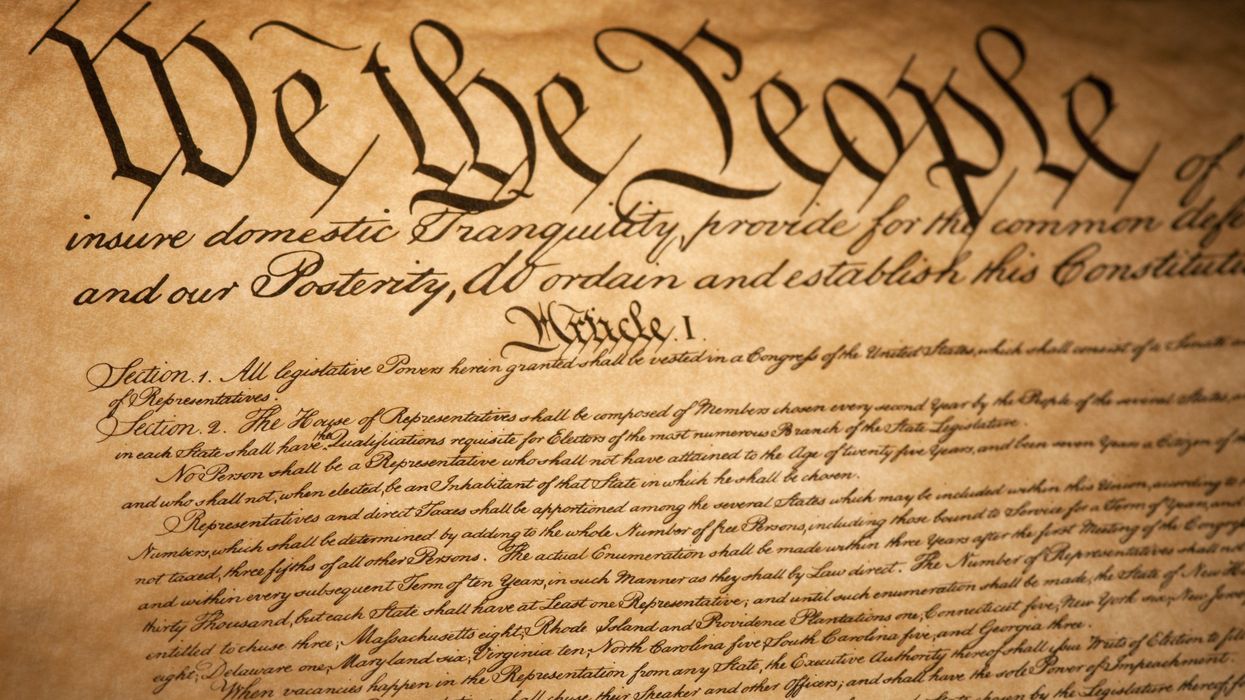
vicm/Getty Images

By the 1930s, buses capable of carrying 20 or more passengers (many adapted from Henry Ford’s Model T) were becoming a common feature on American roadways.
Imagine you are a passenger in one of those early vehicles on a cross-country bus trip 80 or 90 years ago. The bus develops mechanical problems, and it seems increasingly likely that if you keep going you will get stranded, possibly in the middle of nowhere.
There are a few ways to look at the problem. The most realistic passengers acknowledge that there is nothing wrong in principle with the design of the bus but that this particular vehicle needs a major engine overall. You might even need to find another bus to finish the trip.
A few people on board are reluctant to acknowledge the problem and want to keep going — hoping or wishing that only minor tinkering is necessary. At the other extreme, some passengers conclude the whole idea of the internal combustion engine is a terrible mistake and doomed to fail. They want to ditch motor vehicles entirely, deluded by the notion that mankind is better off sticking with trains or maybe just horses.
The political parallels are obvious. If the Constitution is no longer functioning properly, most heartland Americans (except for a few clueless Boomers) acknowledge that major effort is necessary to put the sovereign citizens back in charge but that the basic principles of the design are still sound.
Yet more than a few disaffected young men on the new right are cynically turning away from the essential ideas of consent and equal natural rights. It is less clear what they would put in place of James Madison’s constitutional theory, but some entertain a rather unrealistic hope that a Caesar-like figure will step forward and impose an authoritarian order to sweep away all the corruption and insanity of woke ideology.
There is something strange about this wish to relinquish the principle of self-government — to escape the repression of our woke oligarchy, not for a revitalized individual liberty but for a new form of obedience to unchecked political authority.
I wonder if there is a connection between this attitude and the widely reported phenomenon of Gen Z Americans who have no interest in learning how to drive. Lots of young men, apparently, are happy to rely on Uber, Lyft, or (amazingly) their parents for transportation. When I was a teenager, my friends and I couldn’t wait for the freedom and independence afforded by driving. As much as we loved our parents, we wanted to be in control of our own lives as much as possible.
Liberating the individual to pursue his own destiny was at the root of what we might call the “conservative innovations” of Henry Ford and James Madison. Both men respected human nature and were very traditional in their moral outlooks. But they thought that a properly human life included, and even required, a degree of self-sufficiency and autonomy. The car, in Ford’s estimation, would free individuals from what Lord James Bryce in his “American Commonwealth” called “the tyranny of the railroad companies.”
Likewise, James Madison declared in Federalist 57 that the American experiment in liberty depended on “the vigilant and manly spirit which actuates the people of America, a spirit which nourishes freedom, and in return is nourished by it.”
But for Madison, that manly spirit did not arise from a slavish obedience to the long European tradition of feudalism and theocracy. That’s exactly what the American Revolution sought to overthrow. Rather, as Madison explains in an earlier Federalist paper, our constitutional republic rejected degenerate aristocracy and divine right of kings in favor of individual rights based on “the transcendent law of nature and of nature’s God, which declares that the safety and happiness of society are the objects at which all political institutions aim.”
One of the reasons the founding fathers decided in 1776 that they could no longer negotiate with Great Britain and had to wage a revolutionary war of independence is that they feared the demoralizing effects of ongoing subservience to English oppression. Are we now witnessing the long-term consequences of several decades of overbearing progressive bureaucracy? Have America’s young men lost their taste for freedom?
If we want to recover the possibility of living a meaningful and worthy human life — a just society in which virtue and faith can flourish — it won’t be by exchanging a postmodern tyranny for a premodern one. It makes as little sense to give up liberty and consent for the sake of moral virtue as it does to reject the internal combustion engine just because the bus you happen to be on breaks down.
Rather than exchange submission to our degenerate ruling elite for groveling before a right-wing strongman, we need to recommit ourselves to what Jefferson called “the manners and spirit of a people which preserve a republic in vigor.”
Glenn Ellmers is the Claremont Institute’s Salvatori Research Fellow in the American Founding and the author most recently of "The Narrow Passage: Plato, Foucault, and the Possibility of Political Philosophy" (Encounter Books).